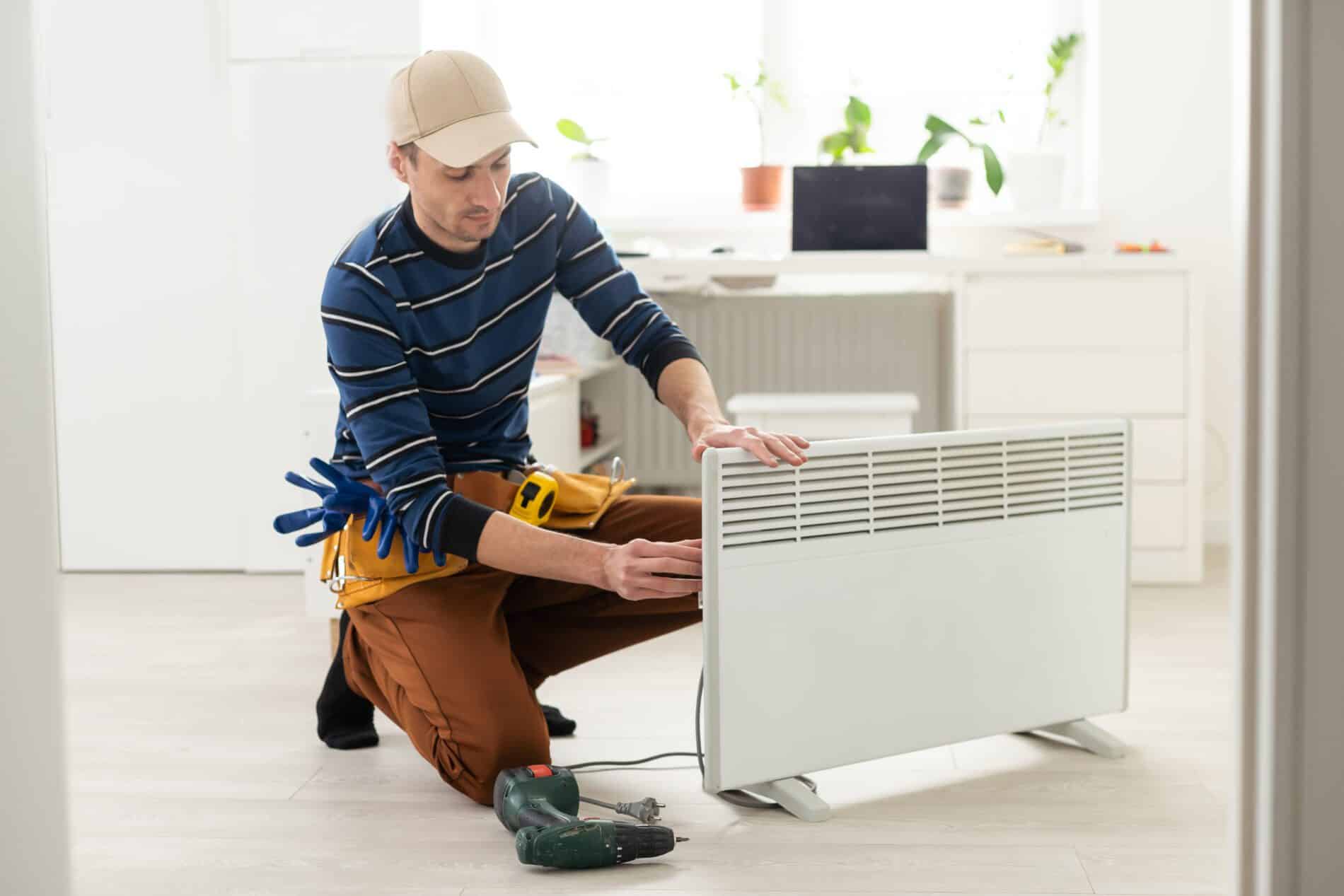An Introduction To Fixing Regular Water Heater Issues
An Introduction To Fixing Regular Water Heater Issues
Blog Article
How do you feel on the subject of Water Heater Repair and Troubleshooting?

Visualize starting your day without your regular warm shower. That already sets an inadequate tone for the remainder of your day.
Every house needs a dependable hot water heater, yet just a few know exactly how to manage one. One simple method to maintain your water heater in top form is to check for mistakes consistently and repair them as soon as they appear.
Remember to turn off your water heater before sniffing about for faults. These are the water heater faults you are most likely to experience.
Water too hot or too cool
Every hot water heater has a thermostat that establishes exactly how hot the water gets. If the water entering into your residence is as well warm regardless of establishing a practical maximum temperature level, your thermostat may be malfunctioning.
On the other hand, as well cold water might be because of a failed thermostat, a busted circuit, or incorrect gas flow. For instance, if you use a gas hot water heater with a damaged pilot burner, you would obtain cold water, even if the thermostat remains in perfect problem. For electric heating units, a blown fuse might be the offender.
Insufficient warm water
Water heaters been available in several sizes, depending upon your warm water needs. If you lack hot water before everybody has actually had a bathroom, your water heater is too small for your family size. You ought to consider installing a larger hot water heater container or choosing a tankless hot water heater, which occupies much less space and is much more long lasting.
Weird sounds
There go to least five kinds of noises you can hear from a water heater, but the most common interpretation is that it's time for the water heater to retire.
First of all, you should know with the normal appears a hot water heater makes. An electric heater might appear different from a gas-powered one.
Popping or banging audios generally indicate there is a slab of sediment in your containers, and also it's time to clean it out. On the other hand, whistling or hissing audios may simply be your shutoffs letting some pressure off.
Water leakages
Leaks might come from pipelines, water connections, shutoffs, or in the worst-case situation, the container itself. In time, water will certainly corrode the container, and locate its way out. If this occurs, you require to replace your water heater as soon as possible.
Nevertheless, prior to your change your entire tank, be sure that all pipelines remain in place and that each valve functions flawlessly. If you still require help identifying a leak, call your plumber.
Rust-colored water
Rust-colored water indicates among your hot water heater components is rusted. Maybe the anode pole, or the container itself. Your plumber will certainly have the ability to identify which it is.
Lukewarm water
No matter how high you set the thermostat, you won't obtain any hot water out of a heater well past its prime. A water heater's efficiency might lower with time.
You will certainly additionally obtain lukewarm water if your pipes have a cross link. This suggests that when you switch on a tap, hot water from the heater moves in along with routine, cold water. A cross connection is very easy to place. If your hot water taps still pursue shutting the hot water heater valves, you have a cross connection.
Discoloured Water
Corrosion is a major reason for unclean or discoloured water. Rust within the water container or a stopping working anode pole might trigger this discolouration. The anode rod protects the storage tank from rusting on the inside and must be checked yearly. Without a pole or a properly functioning anode pole, the warm water rapidly wears away inside the tank. Get in touch with a professional water heater professional to determine if replacing the anode rod will certainly deal with the problem; if not, replace your water heater.
Final thought
Ideally, your hot water heater can last ten years before you require an adjustment. Nonetheless, after the 10-year mark, you might experience any one of these mistakes more frequently. At this moment, you must add a brand-new hot water heater to your spending plan.
How To Troubleshoot 3 Common Water Heater Problems in Twin Cities
The Water Heater Is Leaking
A leaky cold water inlet valve A loose pipe fitting A leaky temperature and pressure relief valve A corroded anode rod A cracked tank Turn Off Your Water Heater:
Shut off your gas water heater by turning the gas valve on the unit to the “OFF” position. Shut off your electric water by switching its power off at your electrical panel. Look for a two-pole breaker labeled “water heater” and turn it to the “OFF” position. Move the ball valve connected to the water heater to be perpendicular to the piping at a 90° angle. Look for the Leak:
Depending on whether the water is coming from the tank's top or bottom, you’ll want to look for the leak in different locations.
If the leak comes from the top of the tank, carefully look for water escaping from the cold water inlet valve or loose pipe fittings. Rusted hot and cold water valves can have loose connections with the tank, with water leaking out of them.
https://mspplumbingheatingair.com/blog/how-to-troubleshoot-3-common-water-heater-problems
As an enthusiastic person who reads on Water Heaters Problems, I imagined sharing that piece of content was worth the trouble. If you enjoyed our blog post plz be sure to share it. We enjoy reading our article about Water Heater Repair and Troubleshooting.
Navigate plumbing issues professionally. Report this page